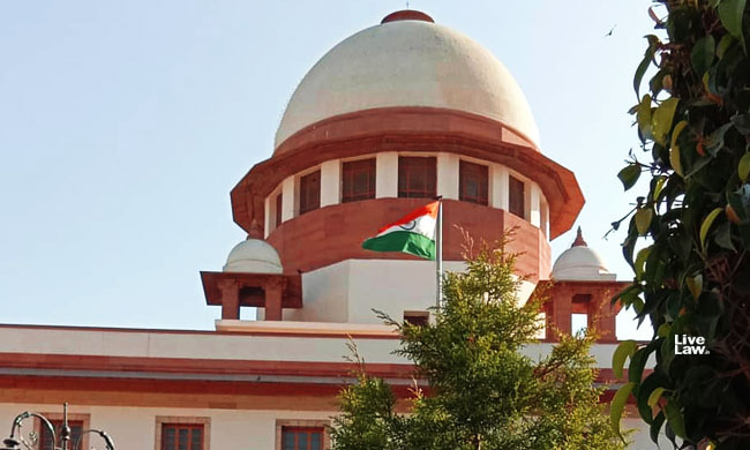Pendency of Criminal Cases Against Legislators- SC Reserves Orders on Amicus's Suggestions
Nilashish Chaudhary
16 Sept 2020 1:13 PM IST

Next Story
16 Sept 2020 1:13 PM IST
The Supreme Court on Wednesday reserved its orders on Amicus Curiae, Vijay Hansaria's report for the expeditious disposal of criminal trials pending against legislators (sitting and former) across the country. During the course of the hearing, the Centre, through Solicitor General Tushar Mehta, expressed that it would welcome an order aimed at quickening the process of trials...
